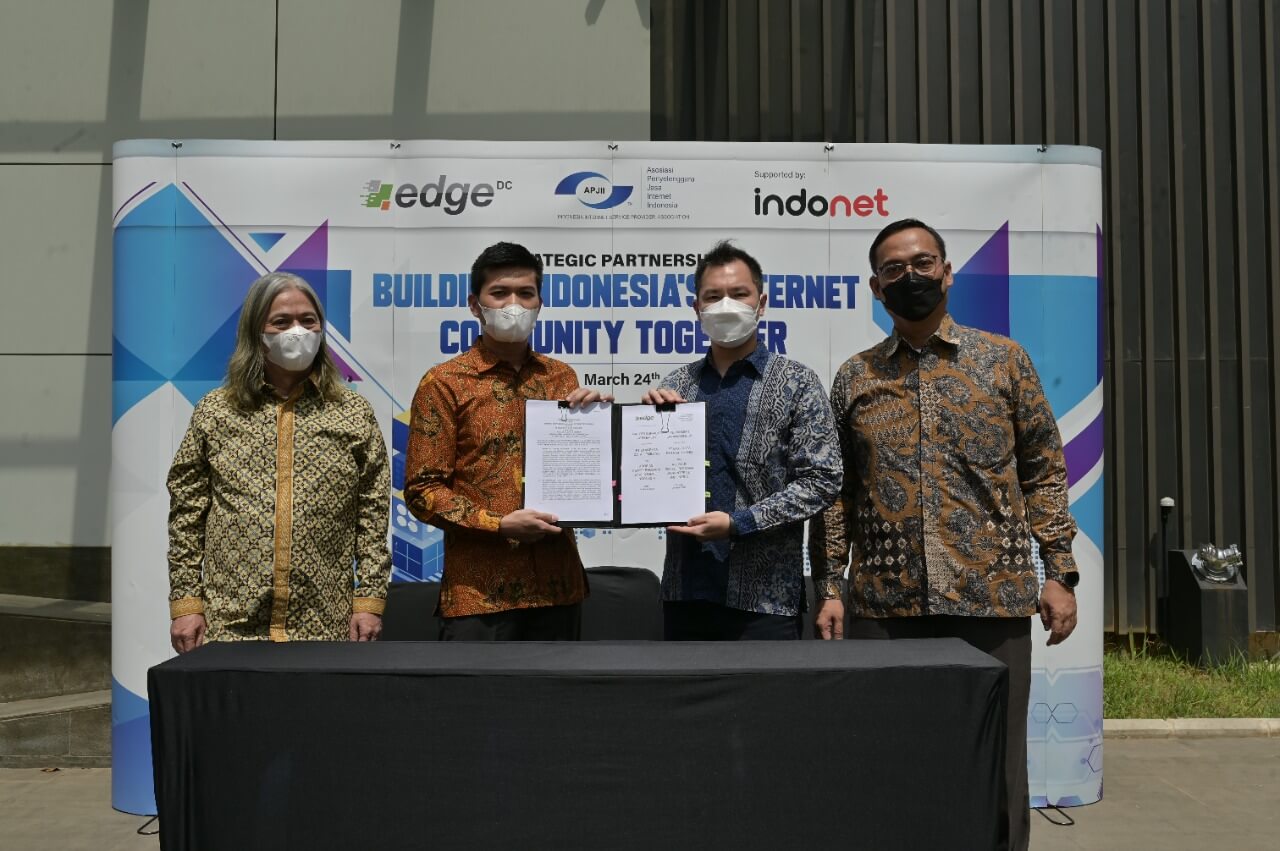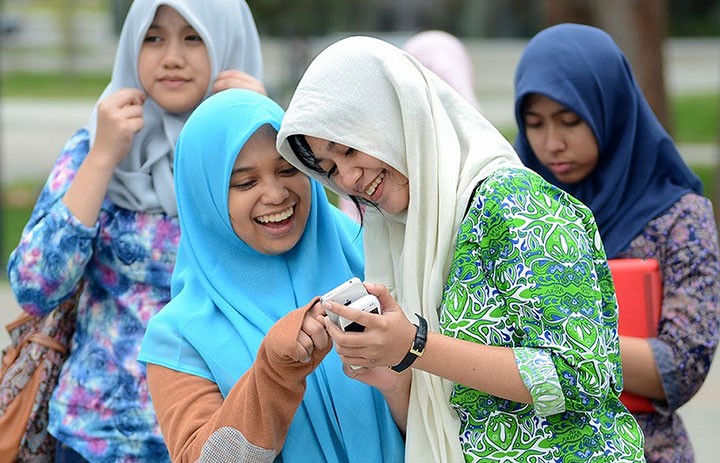In March this year, PT Ekagrata Data Gemilang (“EDGE DC”) a carrier-neutral data centre operator located in downtown Jakarta, had announced a strategic partnership with Indonesia Internet Service Provider Association (“APJII”).
The collaboration was to launch Point of Presences (“PoP”) Indonesia Internet Exchange (“IIX”) at EDGE1 facility that is operational in Mampang Prapatan, South Jakarta.
Access to Reliable internet
PoP IIX’s presence at EDGE1, which is a purpose-built data centre in downtown Jakarta, would make it easy for APJII members to connect with IIX, one of the largest internet exchanges in Indonesia. IIX will localise network traffic and establish direct connection between network operators, resulting in a better customer experience through low latency.
What is more interesting is that as a result of the strategic partnership between EDGE DC and APJII, Indonesia’s internet infrastructure will increase significantly with the support of EDGE1’s world-class technology facilities.
Indonesia’s total internet users will expand to 201.37 million in 2021, according to Statista, with a penetration rate of 72.87 percent. Further, according to APJII’s internal data, there are 341 Internet Service Providers (“ISPs”) connected to IIX as of March 2022, with a total of internet traffic by 1.7 terabyte per second (“Tbps”). Muhamad Arif, chairman of APJII said:
“We believe that reliable connectivity and technology infrastructure are the primary foundations of digital business in Indonesia. Of course, we are hopeful that we will be able to collaborate with EDGE DC because we share the same vision of supporting our members in providing high-quality internet services to Indonesians. We expect that the existence of IIX at EDGE DC will serve as an alternate place for the development of a carrier-neutral interconnection ecosystem in Indonesia, as well as to meet the high bandwidth and low latency requirements of today’s applications.”
Stephanus Oscar, CEO of EDGE DC said:
“The rapid growth of the digital economy in Indonesia requires the procurement of reliable digital infrastructure. Our goal is to maximize network performance, as well as create a seamless user experience for enterprises, digital content providers, and cloud computing service providers.”
The President Commissioner and co-founder of PT Indointernet Tbk (“Indonet”), Otto Toto Sugiri, also attended the signing ceremony which was held in front of the EDGE1 facility, a data centre facility that started operating in October 2021. Stephanus Oscar and Muhammad Arif represented the parties who signed the cooperation between EDGE DC and APJII.
“As an early member of APJII, Indonet is proud to support this partnership and believes that it will bring value to the internet ecosystem in Indonesia. Digital transformation has progressed rapidly in the last 2 years, and Indonesia has benefited from the internet infrastructure that supports the growth of our digital economy. This collaboration between APJII and EDGE DC will provide technology infrastructure solutions that are closer to end users.” said Toto Sugiri.
These developments need to be seen in the context of rising interne usage in Indonesia. For example, APJII in a survey had pointed out that close to 197 million, or 74 per cent, of the Indonesian population, have used the internet, up 8.9 per cent in 2019, as the Covid-19 pandemic accelerated online learning usage among students and people in remote areas.
The association surveyed from June 2 to June 25 of 2020, interviewing 7,000 randomly selected respondents. The survey results have a margin of error of 1.27 percent. Most survey respondents said they used the internet more than eight hours a day to access social media, chat applications, banking, entertainment, and online shopping. The majority of respondents said they are most exposed to educational content on the internet.

Since March, the government has required schools to hold the class online as part of a concerted attempt to keep the novel coronavirus spreading. The Finance Ministry has set aside Rp 7.21 trillion in subsidies to provide free mobile internet access for students across Indonesia.
Java made up 56.4 per cent of the internet users in 2020, up from 55.7 per cent are a year ago. Sumatra showed an increase to 22.1 per cent and Sulawesi to 7 per cent, from 21.6 and 5.2 pervcent respectively. Share of internet users in Kalimantan dropped to 6.3 per cent from 6.6 percent, in Maluku and Papua 3 per cent from 10.9 per cent, while stagnated in Bali and Nusa Tenggara at 5.2 per cent.
Indonesia’s ministry has been working to connect via broadband all of the villages and urban wards by 2022. According to the ministry data, 12,548 out of 74,957 villages and urban wards in the country have yet to connect to 4G mobile internet service.


